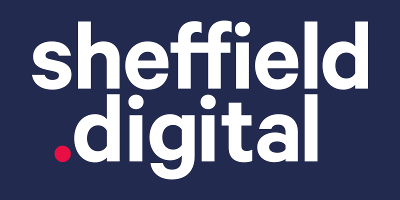Three speakers at the intersection between biology and visualization
1) Bringing Science to Life with Animation
Dr. Mhairi Towler, founder of multi-award winning scientific animation production studio Vivomotion (www.vivomotion.co.uk) will talk about her unique career path from scientist to animator. She will also detail the process she goes through when working with scientists, in order to tell their scientific stories to a variety of audiences from experts to non-experts. Sometimes real data sets are used alone, while other times real data is integrated into a representative environment. The overall aim is to help the audience understand scientific concepts more easily. Some case studies will be discussed.
Showreel: vimeo.com
2) Visualising 10,000 dimensions: dimensionality reduction techniques in modern biology.
Alan O'Callaghan
I will discuss various methods for visualising high-dimensional data that are popular in the biological sciences, ranging from linear (eg, PCA) to non-linear approaches (eg, t-SNE, UMAP, VAEs). I will try to explain (in fuzzy terms) the aims, strengths, and weaknesses of each, mainly with reference to biological data.
Alan is a PhD student in the IGMM, Uni of Edinburgh developing statistical methods for analysing single cell RNA sequencing data. He has a background in chemistry and biomedical data analysis/visualisation, and is now focusing on statistical methods for novel, sparse data modalities. alanocallaghan.github.io
3) Visual analysis of complex data networks
Prof Tom Freeman, Roslin Institute, University of Edinburgh
Data is generated from numerous sources and in many cases, it is in the form of a network or can be transformed in to one. This talk will focus on our work to visualise and explore massive data networks, where millions of data points can be rapidly displayed and explored. Using of a combination of similarity measures, modern visualisation technologies and graph-based algorithms, I will discuss our efforts to create a visual analytics platform where data can be analysed at the global and local level in a hypothesis free manner. Many of the examples provided come from the biological sciences, but the approach can be applied to data from many sectors.
_ _ _
Thanks to Cirrus Logic for sponsoring our food and refreshments.
Cirrus Logic's engineers and data scientists design intelligent audio chips that power the smartphone in your pocket, consumer and car audio systems, and smart homes. As a major presence in the buzzing local tech ecosystem, Cirrus Logic is proud to sponsor the Edinburgh Data Visualisation Meetup.
---
As usual, there's time and space if you would like to share anything.
We're always open to suggestions for topics and speakers, so let us know if you have someone or something in mind.
See you at the meetup, and do bring along your friends & colleagues.
Cheers,
Brendan (Hill), Ben (Bach), Uta (Hinrichs)
N.B. Venue & entry - this meeting will be at our our new (alternating) venue, Cirrus Logic's office in Quartermile. Directions below. The security desk will have a list of names: if we do not have your full name (from your Meetup profile or you privately messaging us in advance) you WILL have problems getting in.
More details andtickets: www.meetup.com
Imported From: www.meetup.com
We don't know any more aboutEdinburgh Data Visualization.


